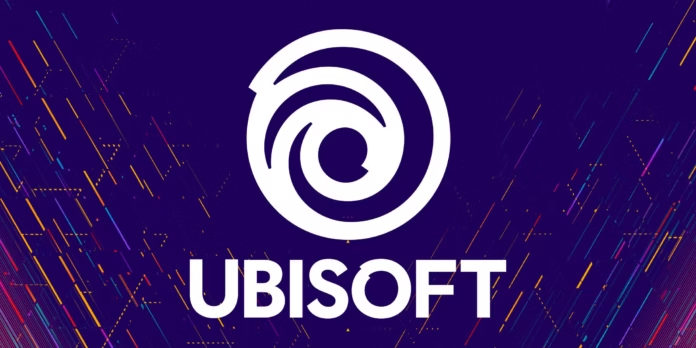In a significant development, Ubisoft is under scrutiny following allegations of unauthorized data collection in its single-player titles, potentially violating European Union privacy regulations. The non-profit privacy advocacy group NOYB (None of Your Business), led by renowned data rights activist Max Schrems, has filed a formal complaint with Austria’s data protection authority. The complaint centers on Ubisoft’s practices in games like Assassin’s Creed Shadows and Far Cry Primal, where players are reportedly required to maintain an online connection, enabling the company to collect detailed gameplay data without explicit user consent. 
🔍 Allegations of Covert Data Collection
The complaint asserts that Ubisoft’s single-player games necessitate an internet connection, during which the company collects extensive data on player behavior, such as in-game actions and habits. An analysis revealed that Far Cry Primal established connections to external servers, including those operated by Amazon and Google, 150 times within a ten-minute gameplay session. NOYB argues that this level of data collection, conducted without transparent disclosure or the ability for players to opt out, contravenes the General Data Protection Regulation (GDPR), specifically Article 6(1), which mandates that data processing must be lawful, fair, and transparent.
⚖️ Potential Legal and Financial Repercussions
Given Ubisoft’s reported annual turnover exceeding €2 billion, the company could face a fine of up to €92 million (approximately £79 million), representing 4% of its global revenue, as stipulated under GDPR penalties. NOYB is also advocating for the deletion of all unlawfully collected data and a reevaluation of Ubisoft’s requirement for online connectivity in single-player games. 
🧭 Implications for the Gaming Industry
This case highlights growing concerns over digital privacy within the gaming sector, particularly regarding the collection and use of player data without explicit consent. The outcome of this legal challenge could set a precedent, prompting other game developers and publishers to reassess their data collection practices to ensure compliance with privacy laws.
As of now, Ubisoft has not issued a public statement regarding the allegations or the pending legal proceedings.
For gamers and industry observers, this situation underscores the importance of transparency and user consent in data collection, especially as digital entertainment continues to evolve and expand.

